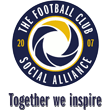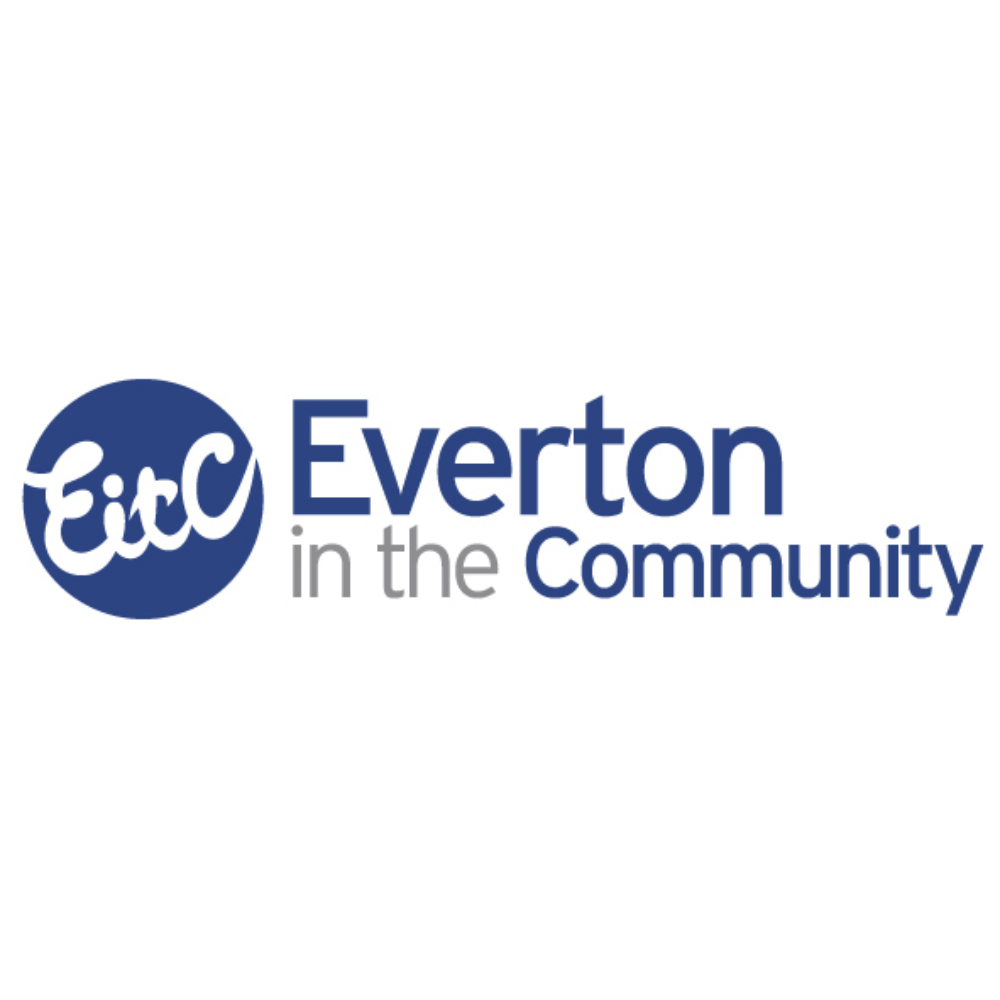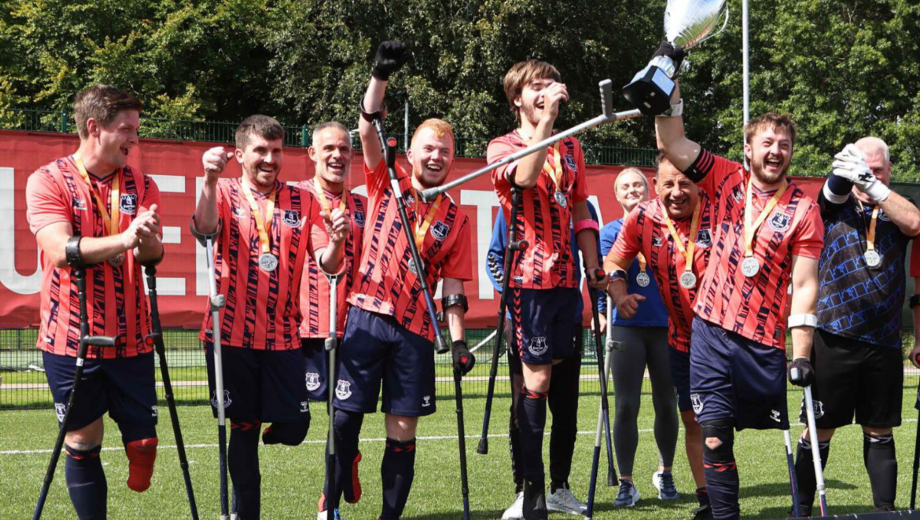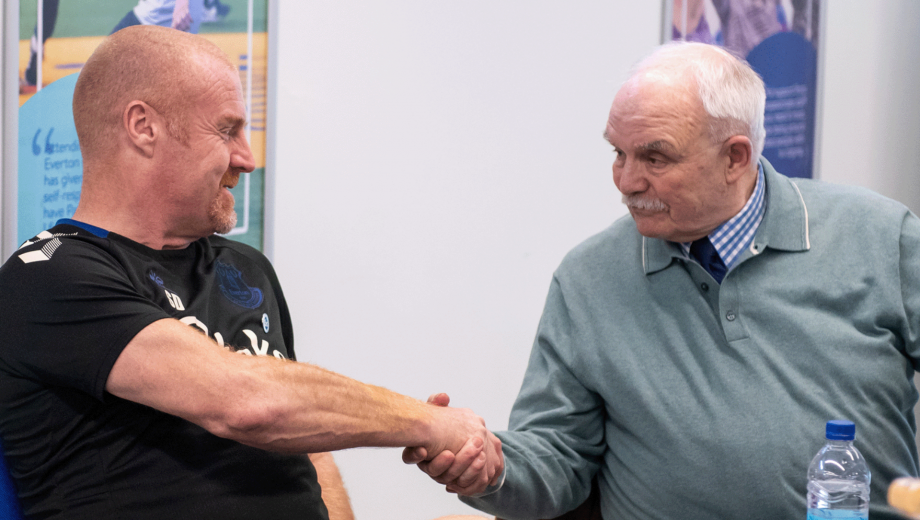KAS Eupen Supporting Kelmis Handi-Foot Sports Day
At the beginning of the year, RFC Union Kelmis and KAS Eupen agreed a partnership regarding the social projects within their two football clubs. The Covid-19 pandemic resulted in the postponement of the first joint action from spring to autumn. On Friday 2 October, the two clubs welcome participants to the Handi-Foot Sports Day on the grounds of the Kelmiser football club at Stadionstraße. The sports day will be held according to strict hygiene regulations necessitated by the Coronavirus with a limited number of 50 boys and girls.

The initiative, sponsored by the francophone football association ACFF, will take place for the first time with the support of KAS Eupen. Some KAS Eupen employees will support the Kelmis organisation team around Dany Rompen and Willy Emontspohl on the day as will KAS mascot Eupi. The Handi-Foot Sports Day is aimed at children and young people with disabilities and organised in such a way that everyone can take part and have a lot of fun.
Jessica Loo, who is responsible for the social projects at KAS Eupen under the motto #Morethanfootball, is looking forward to the premiere in Kelmis: “Especially in the social sector, we should join forces, because together we can achieve much more than everyone can achieve on their own. That’s why we are delighted to be able to support our new partner for social projects, our neighbouring club RFC Union Kelmis, at its Handi-Foot event for the first time. For KAS Eupen, this is the start of a beautiful partnership and I can already reveal that further joint projects with RFC Union Kelmis are planned for the future.”

KAS Eupen is also supporting activities available on the Special Olympics Europe Eurasia programme Faces of Football online hub. It creates opportunity for footballers with a variety of disabilities and their able-bodied counterparts, coaches and supporters to participate in the annual European Football Week. It also represents one of the Special Olympics key strategic priorities, a step on the road towards completely digitising the movement. The idea is to give players from all 58 programmes represented on their map, right from Iceland to Tajikistan, the chance to once again feel part of something big. It also aims to give players a sense of belonging when they see their name and photo alongside competitors they have played against before.

DISABILITY FOOTBALL PROGRAMME




